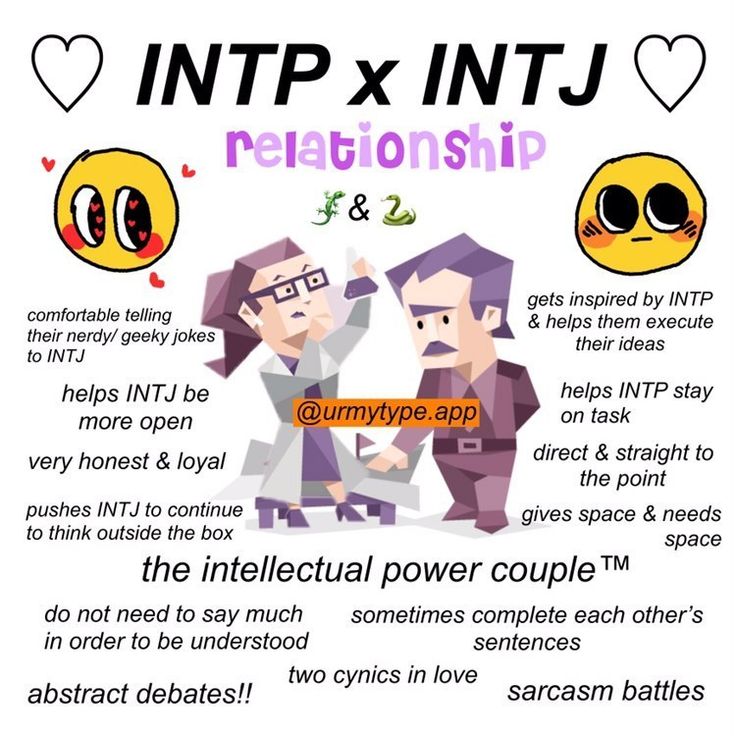What is erotomania
Erotomania, What Is It? Causes, Symptoms, Diagnosis, Treatment
Written by Keri Wiginton
In this Article
- Who’s at Risk?
- What Causes It?
- Symptoms
- Is Erotomania Dangerous?
- Diagnosis
- Treatment
Erotomania is when you think someone is in love with you but they’re not. It may be a person you’ve never met. They might even be famous, like a politician or an actor. You can be so sure of this love that you think you’re in a relationship with this person. You may not be able to accept facts that prove otherwise.
Also called de Clérambault syndrome, erotomania is rare. It can happen on its own. But it’s usually linked to another mental health condition, like schizophrenia or bipolar disorder. It can last for weeks or years.
It’s important to get help if you have these symptoms. If you don’t, you might do things that aren’t safe for you or the other person. A doctor can help you figure out the best treatment.
Who’s at Risk?
Erotomania seems to be a little more common in women. But some studies show men are just as likely to experience it. The condition can show up after puberty, but it usually happens around midlife or later.
Your genes may have something to do with erotomania -- delusions could run in your family. But your environment, lifestyle, and overall mental health also play a role. Common traits of people with erotomania include:
- Low self-esteem
- A feeling of rejection or loneliness
- Social isolation
- Trouble seeing other people’s point of view
Erotomania may be a symptom of a condition that affects how you think. These include:
- Schizophrenia
- Bipolar disorder
- Brain tumors
- Drug or alcohol addiction
- Dementia (this is rare)
What Causes It?
When you have a delusional disorder, you may not process social cues the right way. You might misread someone’s face or body language. You may think they’re flirting with you when they’re not. This makes you think they’re interested in you. This idea can grow over time, especially if you spend a lot of time alone.
You may think they’re flirting with you when they’re not. This makes you think they’re interested in you. This idea can grow over time, especially if you spend a lot of time alone.
Experts aren’t exactly sure why it happens. But if you have low self-esteem, you may tell yourself these stories to make yourself feel better. Research shows social media can worsen delusional beliefs in some people. That’s because it’s easy to watch someone online without them knowing.
Stress can trigger erotomania. If you’ve lost someone you were attached to, like a relative or close friend, you might search for a sense of safety in a powerful person. You may think they’re “watching over” you.
Symptoms
The most obvious sign of erotomania is the wrong belief that someone has intense feelings for you. This might help your mood and self-esteem at first. But you may get upset when someone tells you it’s not true.
You might act normal in most parts of your life. But as the delusion grows, it may seem like your lover is sending you nonverbal clues. You may see messages in everyday things, like the numbers on license plates or lights on planes.
You may see messages in everyday things, like the numbers on license plates or lights on planes.
Is Erotomania Dangerous?
It can be. You might try to see or talk to this person, even though they don’t want anything to do with you. This could scare them. In serious cases, it could lead to stalking or harassment charges. You might try to hurt yourself when someone tells you what you believe isn’t true.
Diagnosis
There’s no test for erotomania. But your doctor will ask about past mental or physical illnesses. They’ll rule out other medical conditions. They may send you to a psychiatrist or a psychologist. These are people who specialize in mental health conditions.
Treatment
A doctor can help manage your symptoms. But you may not ask for help. That’s because it all seems real and can make you feel good. If you do see a doctor, it might just be because your friends and family want you to. The doctor may suggest one or more of these:
- Therapy.
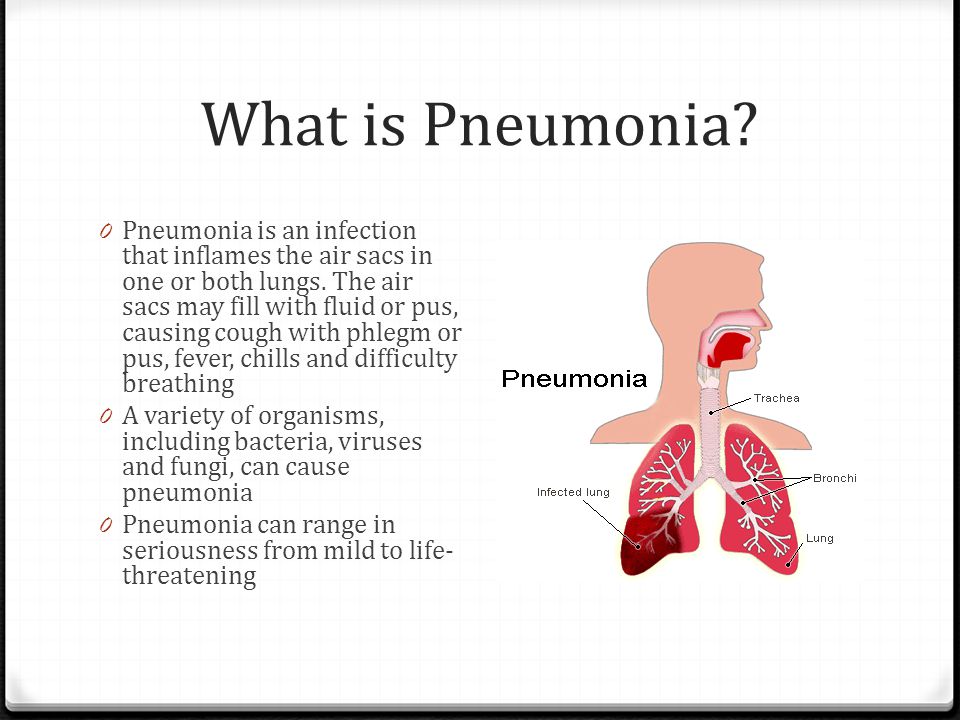 Talk therapy is the main treatment. This may include cognitive behavioral therapy (CBT) and other types.
Talk therapy is the main treatment. This may include cognitive behavioral therapy (CBT) and other types. - Prescription medication. Your doctor may give you an antipsychotic, antidepressant, or other mood stabilizer. These can help your underlying mental illness.
- Involuntary treatment. If you’re a danger to yourself or others, you might have to go to a hospital to get better. State laws say when and how someone can force you to get help.
What Is Erotomania? Joe Goldberg's Disorder In 'You' Explained
If you've been following the psychological thriller series You, you know it follows a bookstore manager who falls in love and develops an extreme obsession with different women. The latest season finally gives main character Joe Goldberg’s condition a name—erotomania.
It's a delusional disorder in which someone has an unfounded belief that a person of a perceived higher social status (like a famous musician or actor) is in love with them. This condition is also De Clérambault syndrome, which was coined in 1885 by French psychiatrist G.G. De Clerambault in 1885 after observing a woman who thought a man of higher social and/or professional status was in love with her.
This condition is also De Clérambault syndrome, which was coined in 1885 by French psychiatrist G.G. De Clerambault in 1885 after observing a woman who thought a man of higher social and/or professional status was in love with her.
Erotomania is rare, with a lifetime prevalence of 0.2 percent, says Gauri Khurana, MD, MPH, a psychiatrist in New York City and a clinical instructor at Yale University School of Medicine. And contrary to what's portrayed in the hit Netflix show, it's a lot more common in women than in men, per a recent BMJ Psychiatry case report.
But what You does get right is that, just like Penn Badgley's character, "[people with erotomania] generally go out of their way to make contact with the object of their affections, such as stalking,” Dr. Khurana says. “Often, the two [individuals] have never met in real life, or it was such a fleeting interaction that it should not warrant that level of obsession. ”
”
Meet the expert: Gauri Khurana, MD, MPH, is a psychiatrist in New York City and a clinical instructor at Yale University School of Medicine.
Erotomania can also be viewed as an addiction to people, Dr. Khurana notes. It can sometimes evolve into violence when a person with erotomania pursues the object of their obsession.
What causes erotomania?
Erotomania often results from abandonment in one's early years, and could most likely be considered complex trauma, says Dr. Khurana. People with erotomania often have unresolved trauma and a poor sense of self, or they may be codependent, introverted, inexperienced sexually, or isolated.
“I often see this in patients who have a diagnosis of borderline personality disorder, which I also consider to be a progression of developmental trauma, but the idea remains that if I am able to treat the trauma, the delusion will recede,” she says.
Related Story
- Why It's Time to Talk About Mental Health at Work
While erotomania can occur on its own, it’s usually linked to another mental health condition, such as schizophrenia or bipolar disorder. It can last for weeks or years, and it often can morph from one person to another with the same obsessive, love-focused thread of delusion, says Dr. Khurana. For example, someone may think someone else is flirting with them when they are not, and they can become more convinced of the idea over time, especially if they spend a lot of time alone.
“Loving someone and belonging isn't something that they feel is possible or safe for them, and that is incredibly painful,” Dr. Khurana explains. “It is actually too much pain for their mind to handle, so the person begins to inhabit their fantasy world (the erotomanic delusion), which is the only realm in which they'll ever feel truly loved, safe, and happy.”
How do you know if you have erotomania?
The primary symptom of erotomania is the absolute belief that another person is in love with them. “People with erotomania often believe that the target of their affection is sending them secret messages back that affirm their love,”Dr. Khurana says. “For example, I had a patient who thought that DJ Khaled was communicating his love for her [based on] the time that he posted his Instagram messages. She thought he was posting them at eight because that was the hour that she was born.”
“People with erotomania often believe that the target of their affection is sending them secret messages back that affirm their love,”Dr. Khurana says. “For example, I had a patient who thought that DJ Khaled was communicating his love for her [based on] the time that he posted his Instagram messages. She thought he was posting them at eight because that was the hour that she was born.”
People with erotomania often have unresolved trauma and a terrible sense of self.
Behaviors linked to erotomania include persistent efforts to make contact through stalking, written communication, and other harassing behaviors. However, these actions are rare and most mental health professionals will never encounter such patients, Dr. Khurana notes.
In order to make an erotomania diagnosis, these delusions must involve possible, even if unlikely, events. “The delusion must only apply to their love life, with every other aspect of the affected person’s life being functional and normal,” she explains. "Other mental health disorders must be ruled out. And if low moods, depression, or hypomania or mania is also present, then the duration of the delusion must be longer than the mood episode.”
"Other mental health disorders must be ruled out. And if low moods, depression, or hypomania or mania is also present, then the duration of the delusion must be longer than the mood episode.”
What are the stages of erotomania?
De Clérambault characterized the following stages of erotomania, according to Dr. Khurana:
- Hope
- Resentment
- Grudge
“The last phase is considered to be the most important. After hoping that the object openly declares their love and by insistently pursuing them, the subject starts feeling humiliated,” she says. “This feeling of humiliation can trigger the affected person to seek retaliation and hurt their target.”
How do you treat erotomania?
There is no standard treatment for erotomania; rather, it varies depending on the specifics of the patient, Dr. Khurana says. However, standard treatment for delusions includes antipsychotic medications to help patients regain a sense of reality.
“Therapists have also published case studies that also include therapy, family therapy, other kinds of medication, and electro-convulsive therapy,” she says.
How do you deal with a person with erotomania?
If you think you may be dealing with a person with erotomania, Dr. Khurana recommends doing your best to maintain boundaries, stay neutral, and modulate your vocal tone so as to not encourage or worsen delusion.
If possible, you can also enlist others to help point out inconsistencies and direct the affected person toward help, like their family members, close friends, and others in their support network—and reach out to their therapist or psychiatrist.
Finally, if you know you won’t be putting your safety at risk, you can also attempt to help with crisis management, like by getting the affected person to a hospital for immediate help, especially when their delusion is bordering on dangerous activities, such as stalking or trying to hurt someone.
Emilia Benton
Contributing Writer
Emilia Benton is a Houston-based freelance writer and editor. In addition to Runner's World, she has contributed health, fitness and wellness content to Women's Health, SELF, Prevention, Healthline, and the Houston Chronicle, among other publications. She is also an 11-time marathoner, a USATF Level 1-certified running coach, and an avid traveler.
love as a mental disorder - ZdorovyeInfo
The phrase "crazy love" is not always just a hackneyed metaphor. We tell you when you can let the lover go to write poetry and sing serenades, and when it is better to call the orderlies.
Diagnosis: erotomania
At the beginning of the last century, the famous French psychiatrist Gaetan de Clerambo first described a clinical case of erotomania: an elderly French woman believed that the English king George V was in love with her. all of England knows. Her evidence was ... the curtains in the carriage. The unfortunate woman tracked the monarch near Buckingham Palace and, when he raised or lowered the curtains, she mistook it for a love message.
The unfortunate woman tracked the monarch near Buckingham Palace and, when he raised or lowered the curtains, she mistook it for a love message.
This is how erotomania manifests itself - a mental disorder in which the patient is convinced that someone is in love with him. Moreover, this confidence is absolutely groundless: the object of sympathy may not even be aware of the existence of the patient. As a rule, this is a celebrity or just a person with a higher social status. Erotomaniac in all his movements sees secret signs, declarations of love.
Adele's syndrome
It is believed that Adele Hugo, the youngest daughter of the famous writer, suffered from erotomania. At 31, she met an English officer, Albert Pinson, and decided that this was her destiny. The woman followed the chosen one everywhere, paid his debts and convinced everyone that they were married. She was not embarrassed by any refusals, or a dismissive attitude, or even Albert's marriage to another.
At the age of 90, Adele died in a psychiatric hospital: she could not forget her chosen one. Her last words were about Alberta.
Now "Adelie's syndrome" is a separate diagnosis, a kind of erotomania. Psychiatrists put it on those who experience a feeling of huge, destructive unrequited love.
Why erotomania is dangerous
The symptoms look quite innocent and even romantic, but in fact this disorder is no less dangerous than any other mental disorder disease . The patient is constantly pursuing the victim, developing a plan, looking for ways to get closer. He is 100% sure of the reciprocity of his feelings, so no refusals stop him. Even if you write a statement to the police, the erotomaniac will decide that you are just punishing him for something.
If the object of attraction does not respond for a long time, the phase of hope may be replaced by a phase of resentment. The patient moves on to more dangerous measures. A crazy idea deprives a person of common sense: he can kidnap a victim, beat her partner, etc. Sometimes attempts to get close can harm even complete strangers: at 19John Hinckley assassinated Ronald Reagan in 1981. So he tried to attract the attention of Hollywood actress Judy Foster, who until then had not even suspected of his existence.
A crazy idea deprives a person of common sense: he can kidnap a victim, beat her partner, etc. Sometimes attempts to get close can harm even complete strangers: at 19John Hinckley assassinated Ronald Reagan in 1981. So he tried to attract the attention of Hollywood actress Judy Foster, who until then had not even suspected of his existence.
A cure for love
Erotomania requires urgent psychotherapeutic treatment. Psychiatrists associate it with such diseases as depression , anxiety disorder, obsessive-compulsive disorder, schizophrenia and psychosis. If the diagnosis is confirmed, the patient may be prescribed psychotherapy, antidepressants or antipsychotics. However, the forecasts are disappointing: the erotomaniac is not able to see that his beliefs are false, so it is quite difficult to achieve positive results.
How to distinguish falling in love from illness
The key symptom of erotomania is a strong and delusional conviction that one is in love with the patient. If you notice this behavior in your loved one, contact doctor immediately.
If you notice this behavior in your loved one, contact doctor immediately.
In psychiatry, pathological falling in love is not the strangest case. There are people who passionately desire to cut off their arm or leg. And there are those who are sure that the end of the world happened a long time ago, and there are no living people left in the world. Details - in article "Top 5 Most Unusual Mental Disorders" .
What is erotomania and how to deal with it🌶️
Erotomania is when it seems to a person that someone is in love with him, but it is not. It could be someone the person has never met - a celebrity, such as a politician or actor. Erotomaniac is so sure of this love that he thinks he is in a relationship with this person. He is often unable to accept facts that prove otherwise.
Erotomania, also called de Clerambault's syndrome, is rare. It may occur on its own. But it is usually associated with another mental illness, such as schizophrenia or bipolar disorder. It can last for weeks or years.
It can last for weeks or years.
It is important to seek help if you experience symptoms of erotomania. Otherwise, you may be doing something unsafe for yourself and others around you. Your doctor will help you find the best treatment.
Erotomania is when a person thinks that someone is in love with him, but it is not. This could be someone the person has never met - a celebrity, such as a politician or actor
Who is at risk?
Erotomania seems to be more common in women. But some studies show that men are also susceptible to it. This condition may appear after puberty, but it usually occurs in adulthood.
Genes may be related to erotomania - susceptibility to it can be inherited. But environment, lifestyle, and overall mental health also play a role. Common features of people with erotomania include:
- low self-esteem
- feelings of rejection or loneliness
- social isolation
- trouble taking other people's point of view.
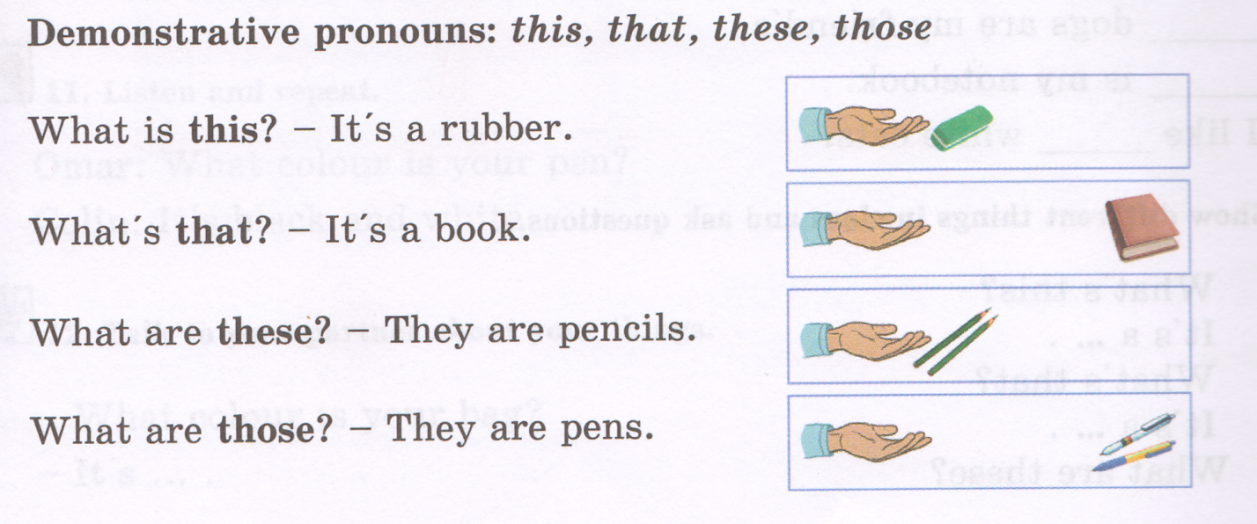
Erotomania can also be a symptom of another disease:
- schizophrenia
- bipolar disorder
- brain tumors
- drug or alcohol addiction
- dementia (rare).
What causes erotomania?
A person with a delusional disorder may misperceive social cues. He may misinterpret someone's facial expressions or body language. It may seem to the patient that the person is flirting with you, although this is not so. This makes him think that they are interested in a love plan. Over time, this idea may develop, especially if the patient spends a lot of time alone.
Experts don't know exactly why this is happening. But if a person has low self-esteem, he himself can come up with such a story and believe in it. Research shows that social media can exacerbate delusional beliefs in some people. This is due to the fact that it is easy to observe the life of another person on the network.
Stress can trigger erotomania.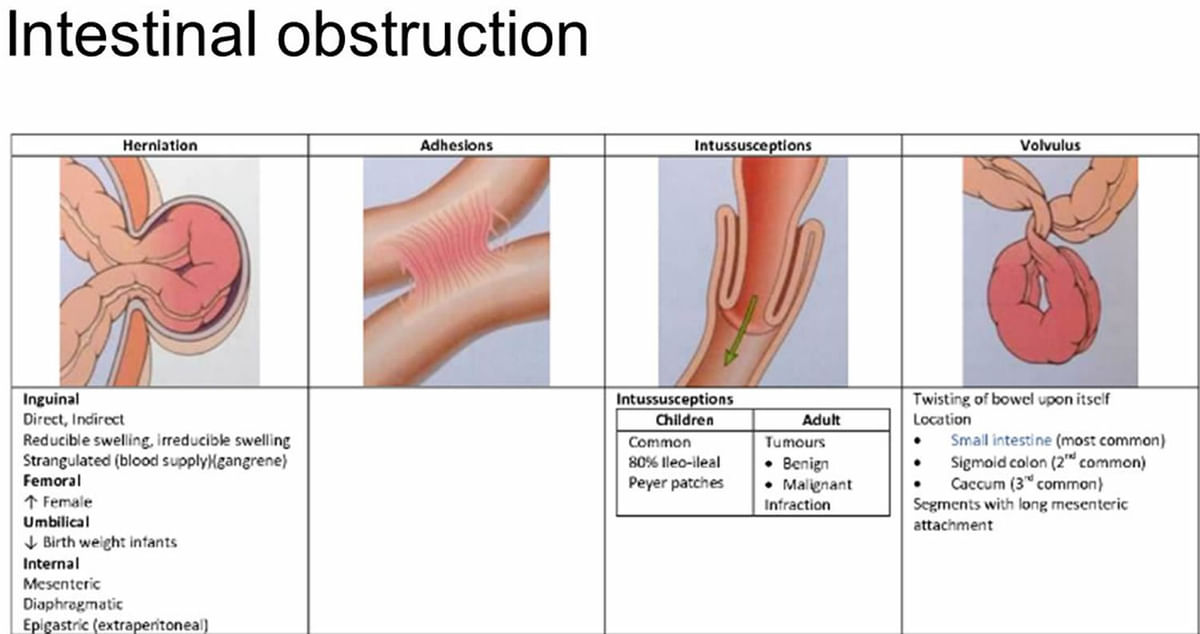 If a person has lost someone to whom he was attached, such as a relative or close friend, then he may look for a sense of security in another person.
If a person has lost someone to whom he was attached, such as a relative or close friend, then he may look for a sense of security in another person.
Symptoms
The most obvious sign of erotomania is the mistaken belief that someone has strong feelings for the person. At first, it can lift your mood and self-esteem. But an erotomaniac can also get very upset if someone tells him that this is not true.
The patient can behave normally in most areas of life. But as the delirium develops, it will seem to him that the "beloved" is sending him non-verbal signals. They can see messages in everyday things, like license plates or airplane lights.
Is erotomania dangerous?
This can be dangerous. The patient may try to see or talk to the person he is obsessed with, even against his wishes.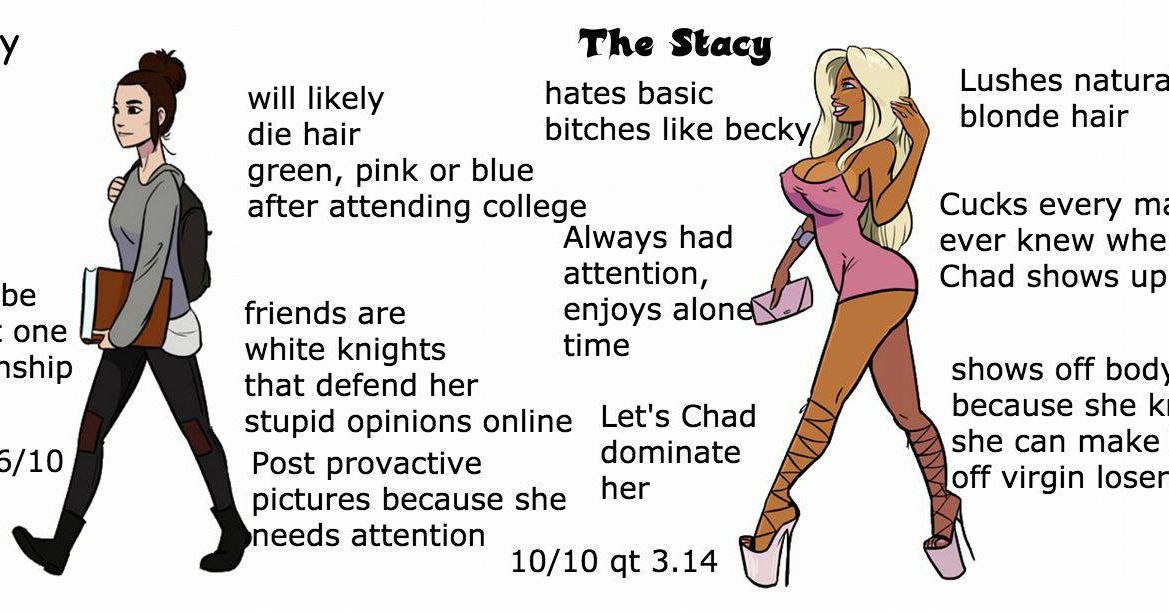 This can scare the "beloved". In serious cases, this can lead to stalking or harassment. An erotomaniac may try to harm himself when someone tries to convey to him the real state of things.
This can scare the "beloved". In serious cases, this can lead to stalking or harassment. An erotomaniac may try to harm himself when someone tries to convey to him the real state of things.
Diagnosis
There is no test for erotomania. But the doctor will ask the patient about the past mental or physical illnesses. It will rule out other medical conditions. He may refer the patient to a psychiatrist or psychologist.
If you or your loved ones are worried about your behavior, it may be worth talking to a specialist about it. Today, many specialists accept remotely and are ready to conduct a trial session for free. Such specialists can be found on Invme. This is a new platform that brings together hundreds of people from various Russian cities. It works quite simply:
It works quite simply:
- Register, specify the details to fill out the profile, add a photo.
- Then you get to the main page, where hot ads from people from your city are already collected. Among them are announcements from mental health professionals. Monitor these ads and click "Write" if you like one of the ads.
- If you haven't found anything worthwhile, it's time to create your ad. Click on the appropriate button in the menu on the left.
- Now select the format. If you are a specialist, choose a paid event.
- Next is the category selection.
- Now you need to specify your city.
- On the next page, indicate who you are looking for and don't forget to prepare a description of what you are looking for. Then your proposal will be interested.
Post an ad and wait for responses. But do not forget to also monitor the ad feed - something suitable may also appear there in the near future.
Today, many specialists accept remotely and are ready to conduct a trial session for free.
Learn more






